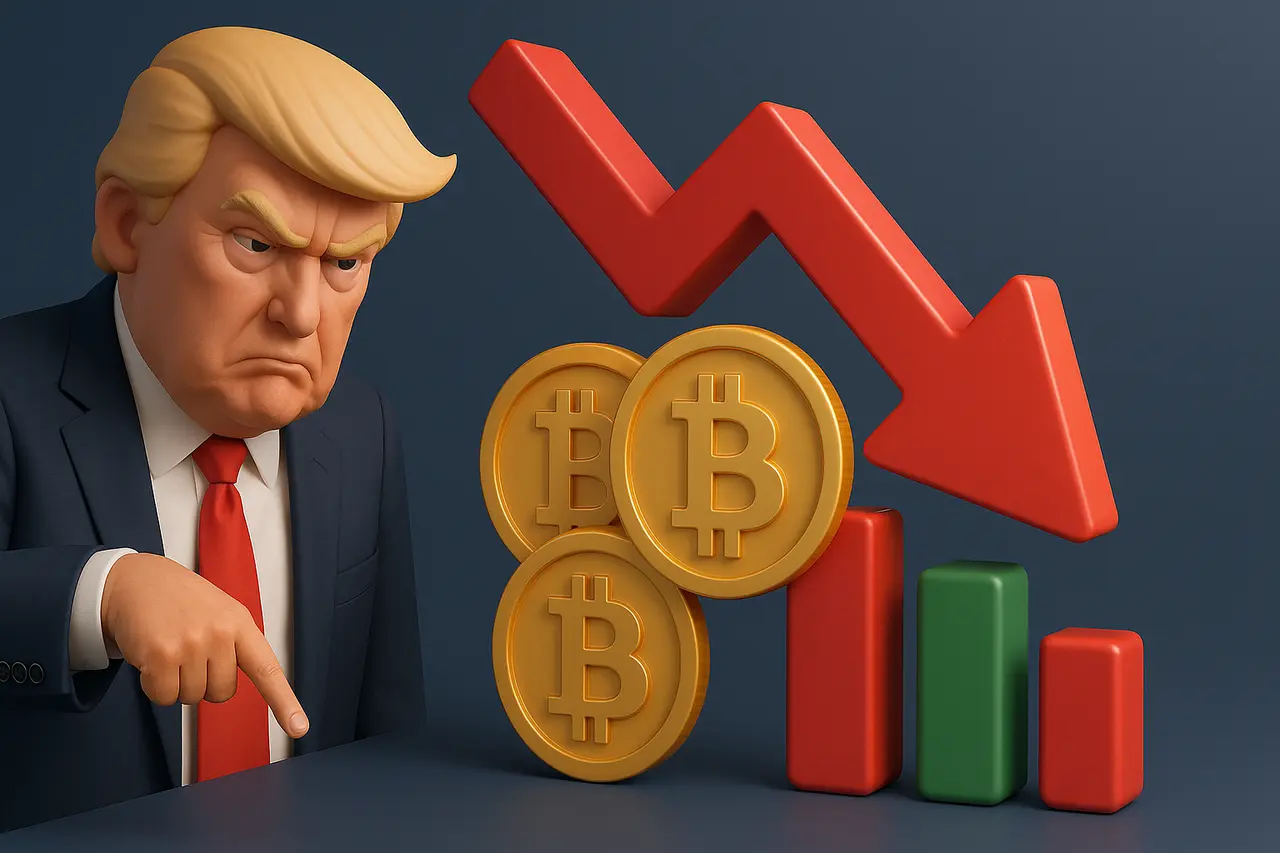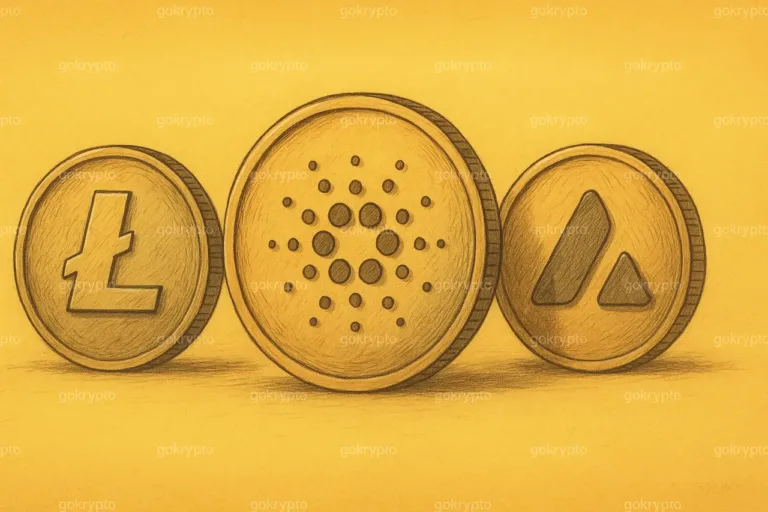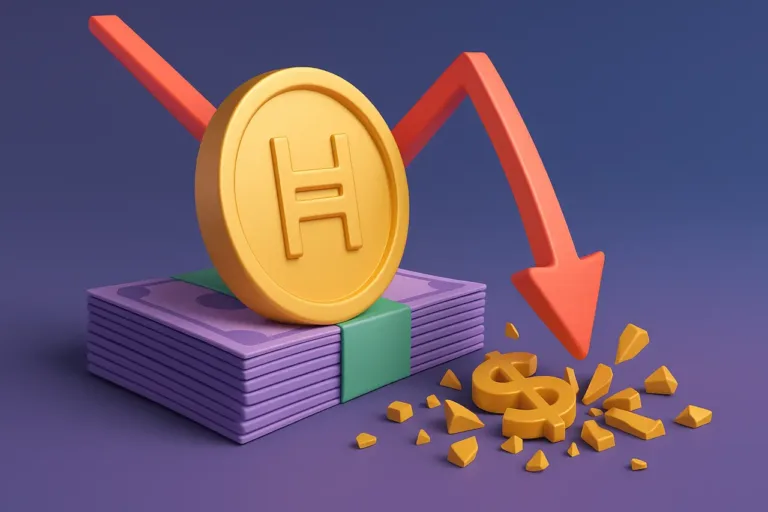The Immediate Impact of Trump Tariffs on the Crypto Market
On July 7, 2025, United States President Donald Trump announced the imposition of new tariffs targeting several countries, including Indonesia.
These tariffs range from 25% to 40%, with Indonesia being charged a tariff of 32%.
This move caused the crypto asset market to experience a significant decline of 4.5% in the 24 hours following the announcement.
Countries Affected by Tariffs
In addition to Indonesia, other countries that received tariff letters from President Trump include Japan, South Korea, Malaysia, Kazakhstan, Tunisia, South Africa, Bosnia, Serbia, Bangladesh, Cambodia, Thailand, and Laos.
Based on information we quoted from Beincrypto media, the tariffs imposed varied, with Laos receiving the highest tariff of 40%.
Market and Investor Reactions
The announcement of these tariffs has sparked uncertainty in the global market, including the crypto market.
Investors have expressed concerns about the potential negative impact of this policy on international trade and global economic growth.
As a result, many investors have started to pull their investments from risky assets like crypto, causing a significant drop in prices.
- The Immediate Impact of Trump Tariffs on the Crypto Market
- US Government Sends Ethereum to Coinbase, Fueling Speculation of Larger Sell-Off
- Corporate Bitcoin Purchases Rise as Firms Announce BTC Plans
- Drake Brings Up Bitcoin in His Song Lyrics, Popularizing BTC in Pop Culture
- Crypto Inflows Rise, Ethereum in Spotlight
Criticism of Tariff Policy
Several economists and market analysts have criticized President Trump’s move, stating that the tariff policy could worsen the trade deficit that the administration is trying to reduce.
They also warn that retaliatory measures from countries affected by the tariffs could trigger a wider trade war, ultimately hurting the global economy.
Conclusion
President Trump’s new tariffs have caused turmoil in the crypto market and increased uncertainty among investors.
The long-term impact of this policy on the global market remains to be seen, but for now, the market is showing a negative reaction to the move.







